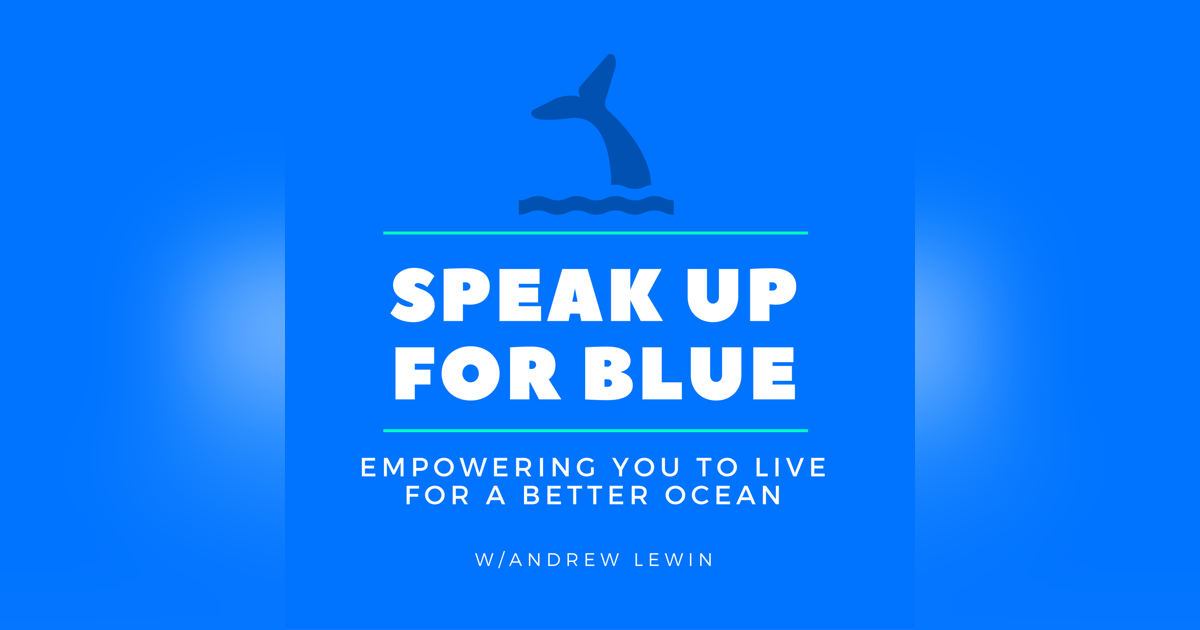SUFB 1193: Example of science communication gone bad

I am a Science Communicator. I use this podcast to communicate marine science to you and other listeners who would like to know more about how to protect the Ocean. My goal is to present accurate and real information so that you and others could learn...
I am a Science Communicator. I use this podcast to communicate marine science to you and other listeners who would like to know more about how to protect the Ocean. My goal is to present accurate and real information so that you and others could learn about Oceans that may not be readily available online.
II know many colleagues who communicate science by conducting guest lectures/teachings in K-12 schools. They do it on a volunteer basis in hopes to inspire future scientists of the world. However, it is difficult when other communication platforms such as TV stations say they have a mission to enlighten their audience but create fake documentaries that scare and confuse many people.
I describe a situation written to me by a listener who sent me an email (you can contact me here with your questions/comments) on today's email. The listener described a situation that he faced where he attempted to convince a group of students that the megalodon and mermaids were not real despite recent TV programs stating otherwise through fake documentaries.
The listener is a professor at Brigham Young University:
Twitter: https://twitter.com/OceanEcologist
Check out all of our episodes on www.speakupforblue.com
Want To Talk Oceans? Join the Speak Up For Blue Facebook Group: http://www.speakupforblue.com/group.
Speak Up For Blue Instagram: https://www.instagram.com/speakupforblue/
Speak Up For Blue Twitter: https://twitter.com/SpeakUpforBlue













